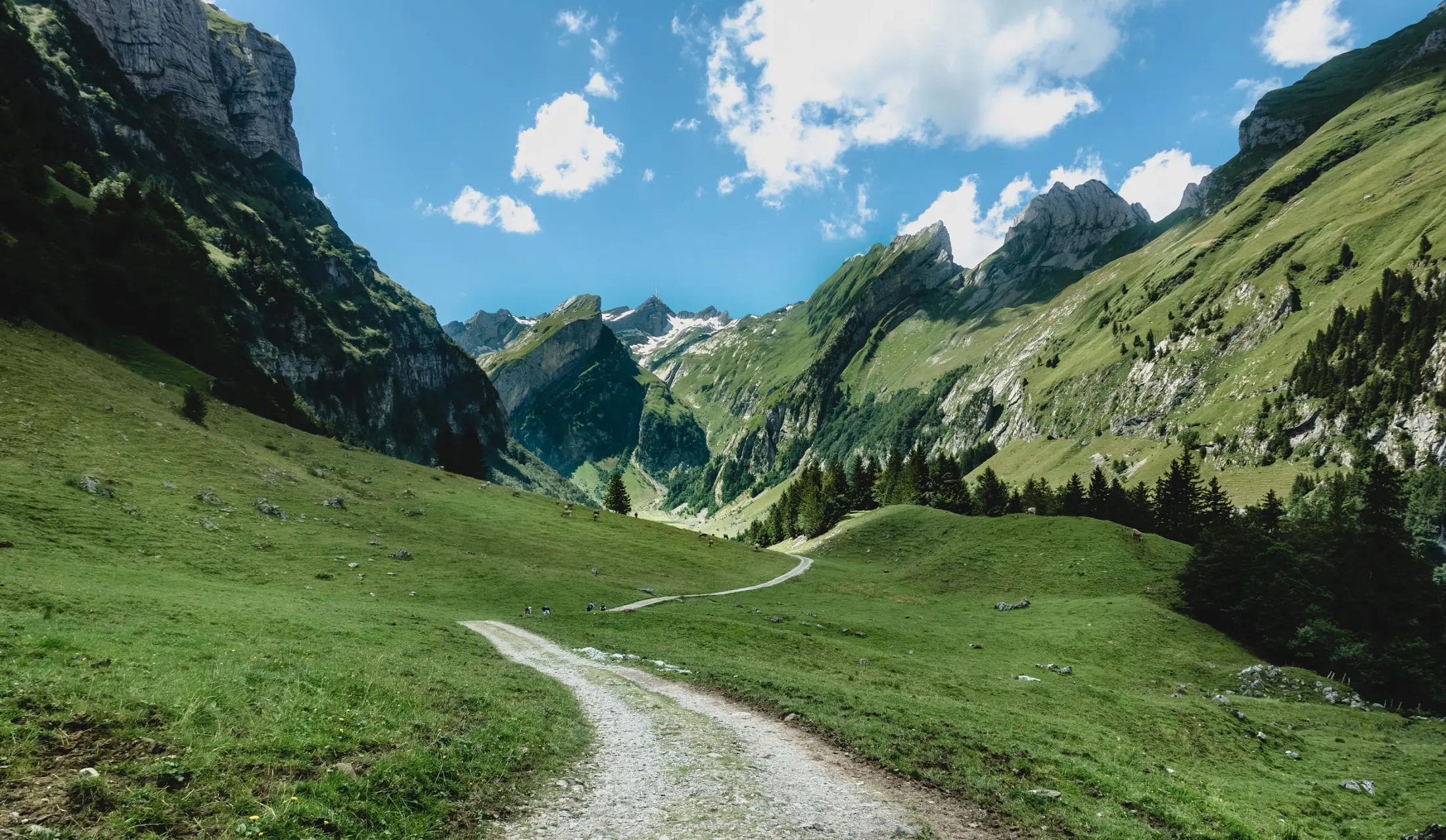
The Challenge
There are enormous EO capabilities in Europe, but the landscape is complex and fragmented and there is lack of coordination among the European EO activities. It is necessary to ensure a coherent European contribution to the GEO initiatives and priorities. There is a large potential of users of EO derived services in Europe which is not yet fully reached and served.
The Solution
- Implementing a user-driven research and innovation agenda to maximise uptake and engagement of EO applications that are addressing the GEO priorities, and require further demonstration, incubation, up-scaling, or replication;
- Coordination of GEO-relevant activities undertaken in Europe to ensure a coherent European contribution to the GEO initiatives and priorities;
- Supporting cooperation among individual European and national programmes and user communities (e.g. Copernicus, ESA, NMHIs, European observing networks and Research infrastructures, etc.) and enabling partnerships between public, academic and private actors
- Fostering international cooperation, also through better cooperation with other Regional GEOs, in particular with view to sharing data, applications and good practices globally


